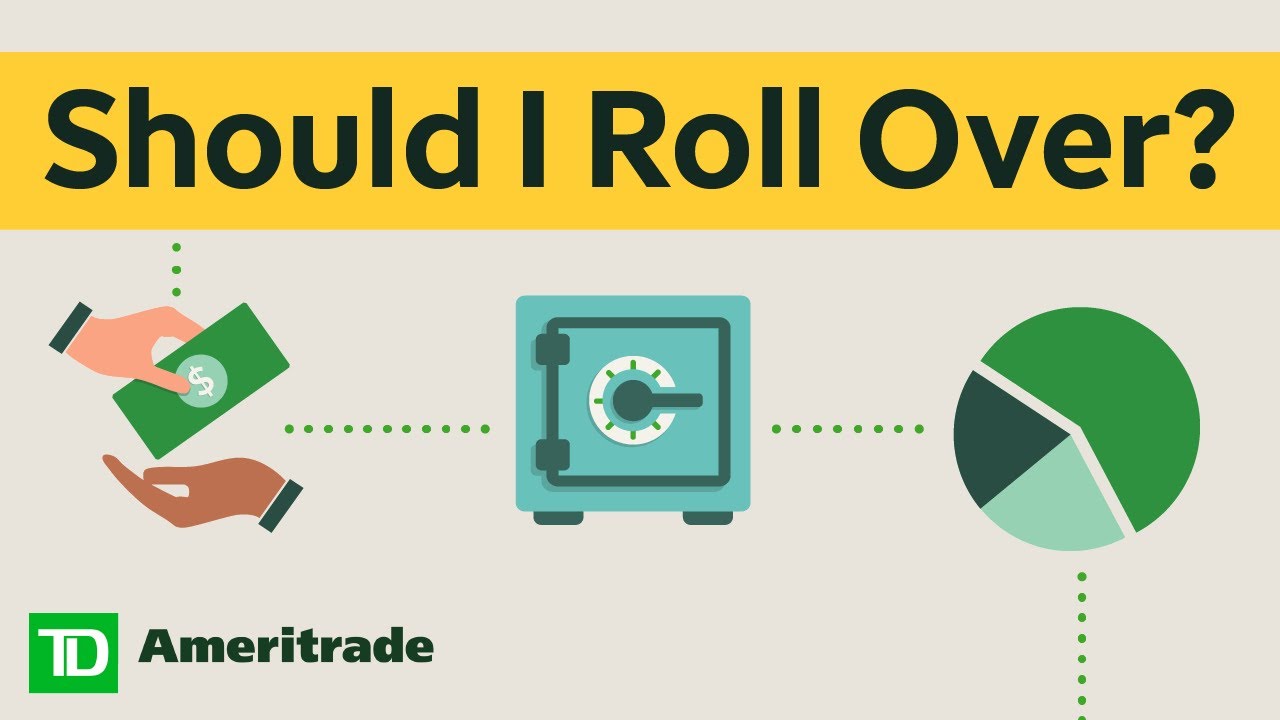Tag: 401k rollover

Should You Roll Over Your 401(k)?
Jason 0 Comments Retire Wealthy Retirement Planning
To roll or not to roll. THAT is the question. Well, that’s the question if you have a
401(k) from a previous employer. If you’ve changed jobs and are wondering
what to do with your 401(k)account, you have four choices: leave it where it is, roll it
into your current employer’s plan, roll it into an IRA, or cash it out. There’s no one right answer for everyone,
but there are a few key considerations that can help you decide: fees, access to your
money, and investment choices.
First up: fees. 401(k) accounts can carry a number of fees,
which differ based on the provider. When it comes to fees, the most important
thing to understand is what you’re paying and whether the features of the plan justify
it. The most common is management fees, which
are associated with the mutual funds or ETFs typically available in retirement accounts.
These are usually expressed as percentages called expense ratios. But there are also plan fees. 401(k)s, for
example, can be loaded with both upfront and hidden costs like admin fees, audit fees,
and asset fees. While these fees can be avoided or reduced
by investing in an IRA, this is not always the case. It’ll ultimately depend on which
brokerage you choose, what funds you invest in, and how often you trade. The thing to keep in mind is while fees can
add up and eat into your retirement savings, it doesn’t mean the cheapest solution is
always the best. Depending on your needs, access to advice, retirement planning tools,
or better investment choices may be worth paying the higher fees.
Another consideration when deciding whether
to roll is when you think you’ll need to access the money. Depending on your age, withdrawal penalties
and conditions may apply. If you think you’ll need to withdraw funds
from your retirement account before the standard 59 ½ age requirement, you might consider
rolling into your current 401(k). Thanks to an IRS rule known as the rule of
55, if you leave a job any time during or after the calendar year in which you turn
55, you can start taking money out of your current 401(k) penalty-free for any reason. Just know the 59½ age requirement still applies
for any money in a previous employer’s 401(k), which means you’ll pay the penalty if you
try to withdraw money early. On top of that, some 401(k)s also allow you
to take out a loan of up to $50,000 from your current account. And you’ll have up to five
years to pay it back. Keep in mind that with an IRA, you can only
withdraw money early for qualified expenses like medical bills and education costs. You
can also withdraw up to $10,000 for a first home purchase. Any other money withdrawn before age 59 ½
must be repaid within 60 days or you’ll face penalties.

While it’s generally best to keep your retirement
savings invested, your unique circumstances may require you to access your money early,
and this may impact your decision about rolling over.
The third factor to consider is the type of investments each account offers. 401(k)s tend to offer a limited number of
investments chosen by a plan administrator, often mutual funds or exchange-traded funds. These choices sometimes come with high fees, but there are some plans that do offer a variety
of low-cost investments as well as investments that may be unavailable elsewhere. IRAs, on the other hand, tend to offer access
to a much wider variety of investment choices, including individual stocks. One more thing regarding investment choices:
did your previous employer issue company stock through your 401(k)? If the answer is yes
and the stock has grown in value, rolling over could mean serious tax ramifications. If this situation applies to you, talk to
a tax professional to make sure you’re not setting yourself up for a tax surprise next
April.
So there you have it fees, access to your
money, and investment choices. These are three of the biggest considerations
when it comes to deciding whether to roll over a 401(k) from a previous employer. The right choice for you depends on your unique
financial situation. A little research now can help ensure you’re able to thrive in
your golden years..




Recent Comments